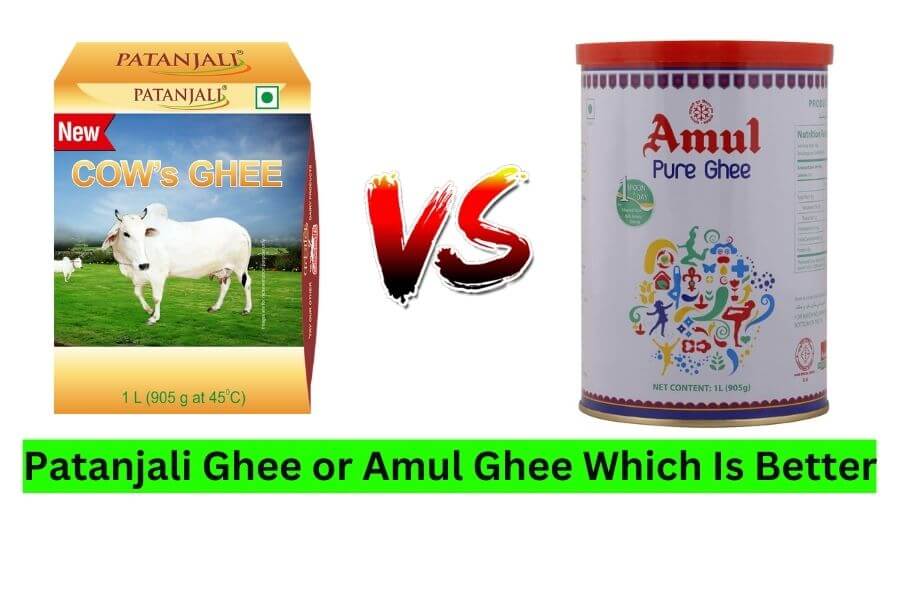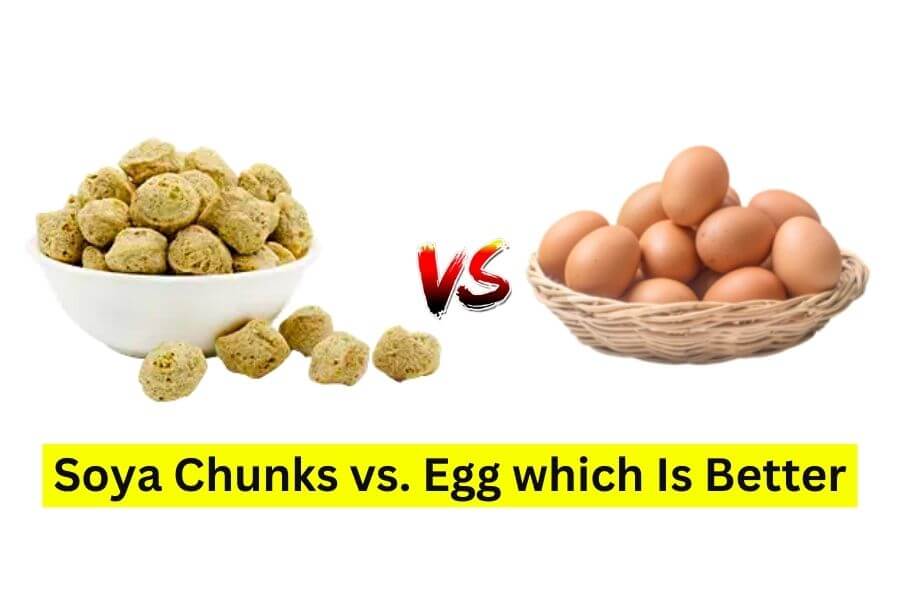Bananas and plantains, often found side by side in grocery stores, might look similar, but they are distinct in taste, usage, and cultural significance. This article delves into the intricacies of the banana vs. plantain debate, unraveling the botanical, culinary, and cultural aspects on whats the difference between Banana and Plantain
What is Banana ?

Banana refers to the elongated, curved fruit of the banana plant, scientifically classified as a berry. It belongs to the genus Musa and is typically consumed when it has ripened to a yellow color. Bananas are known for their sweet taste, soft texture, and convenience as a portable snack. They are rich in essential nutrients such as potassium, vitamin B6, and vitamin C. Bananas are widely consumed globally and can be eaten raw, added to desserts, or used in various recipes.
What is Plantain ?

Plantain, like the banana, is a fruit from the same family (Musa) but belongs to a different species with distinct characteristics. Plantains are larger and have a thicker skin compared to bananas. They are starchy and often consumed in a cooked or processed form. Plantains can be green, yellow, or black, each stage offering different culinary applications. When green, plantains are firm and starchy, suitable for frying or boiling in savory dishes. As they ripen, plantains become sweeter and can be used in both sweet and savory recipes. Plantains are staple foods in many tropical regions and play a significant role in various cuisines worldwide.
Difference Between Banana And Plantain
Botanical Differences
Bananas and plantains belong to the same botanical family but differ in species. While bananas are typically sweet and eaten raw, plantains, being starchier, are commonly cooked before consumption. Visually, bananas are smaller with thinner skins, whereas plantains are larger with thicker, tougher peels.
Taste and Texture
Bananas and plantains belong to the same botanical family but differ in species. While bananas are typically sweet and eaten raw, plantains, being starchier, are commonly cooked before consumption. Visually, bananas are smaller with thinner skins, whereas plantains are larger with thicker, tougher peels.
Culinary Usage
In the culinary world, bananas are often enjoyed fresh, sliced over cereal, or blended into smoothies. Plantains, on the other hand, are better suited for cooking due to their firm texture and mild taste when green, and sweet, banana-like flavor when ripe. Plantains find their way into savory dishes, often being fried, baked, or boiled.
Nutritional Comparison
Nutritional content comparison in Banana vs. Plantain per 100g
| Nutrient (per 100g) | Banana | Plantain |
|---|---|---|
| Calories | 89 | 122 |
| Carbohydrates | 23.1g | 31.9g |
| Sugars | 12.2g | 14.98g |
| Fiber | 2.6g | 2.3g |
| Protein | 1.1g | 1.3g |
| Fat | 0.3g | 0.4g |
| Vitamin A (IU) | 64 | 1127 |
| Vitamin C | 8.7mg | 18.4mg |
| Vitamin B6 | 0.4mg | 0.3mg |
| Folate | 20mcg | 22mcg |
| Potassium | 358mg | 499mg |
| Magnesium | 27mg | 37mg |
| Iron | 0.3mg | 0.6mg |
| Calcium | 5mg | 34mg |
| Phosphorus | 22mg | 34mg |
These values are approximate and can vary based on factors like ripeness and growing
Popular Dishes
Bananas are commonly enjoyed as snacks or incorporated into desserts like banana bread. Plantains, being versatile, star in dishes like tostones, mofongo, and platanos maduros, showcasing their adaptability in various cuisines.
Harvesting and Ripening
Bananas are usually harvested while still green and ripen post-harvest. Plantains can be harvested at different stages, allowing for diverse culinary applications. Green plantains are ideal for savory dishes, while ripe ones add sweetness to desserts.
Health Benefits
Both fruits offer health benefits, with bananas aiding digestion, heart health, and providing a quick energy boost. Plantains contribute to digestive health, provide essential vitamins, and their starch content offers sustained energy.
Consumer Preferences
Global consumer preferences influence the popularity of bananas and plantains. While some prefer the sweetness of bananas, others relish the versatility and heartiness of plantains. Personal taste, cultural background, and culinary habits play crucial roles in these preferences.
Are bananas and plantains the same?
No, bananas and plantains are not the same. While they belong to the same botanical family, they are different species with distinct characteristics.
Do plantains taste like bananas?
Plantains can taste like bananas, but their flavor varies depending on ripeness. Green plantains are starchy and neutral, while ripe ones have a sweet taste similar to bananas.
Why is plantain not a fruit?
Plantains are considered fruits botanically, but they are often treated as a starchy vegetable in culinary contexts due to their common use in savory dishes.
Is Plantain a banana?
Plantains are a type of banana, but they are a different variety with unique characteristics. They are larger, starchier, and commonly used in cooking rather than being eaten raw like sweet bananas.
Conclusion
In the banana vs. plantain debate, there’s no clear winner. Both fruits offer unique qualities, enriching culinary landscapes globally. Whether you’re drawn to the sweetness of bananas or the versatility of plantains, exploring both can add richness to your culinary journey.
Also Read :-
Related FAQ
Can I substitute bananas for plantains in recipes?
While you can substitute ripe bananas for ripe plantains in sweet recipes, the flavor and texture may differ.
Are plantains healthier than bananas?
It depends on your nutritional needs. Bananas are lower in calories, while plantains offer more complex carbohydrates.
Can you eat plantains raw?
While ripe plantains can be eaten raw, they are often cooked for better taste and digestibility.
Which is better for weight loss, bananas, or plantains?
Both can be part of a healthy diet, but moderation is key. Consider your overall calorie and nutrient intake.
What’s the environmental impact of banana and plantain cultivation?
Banana cultivation has faced environmental challenges, while plantain cultivation, with proper practices, may have a lower impact.


